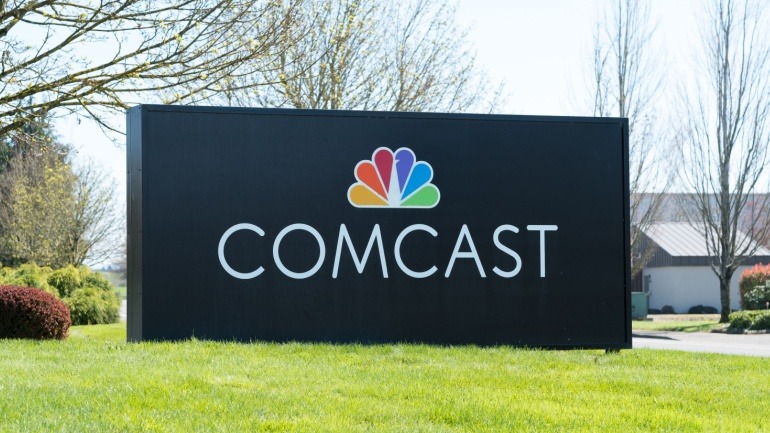Semtech has revolutionized fiber broadband with its new 50G PON OLT chipset, fully compliant with International Telecommunication Union standards. This innovation meets the growing bandwidth demands from applications like AI and cloud gaming.
Ericsson and SoftBank have teamed up to push VoIP technology boundaries, focusing on AI and 6G advancements. Their NextWave Tech initiative explores revolutionary network architectures, enhancing VoIP quality via Cloud RAN and AI optimization. This partnership aims for groundbreaking connectivity solutions, redefining the landscape of future VoIP communications.
Spain has invested €13.8M in Sateliot to enhance its LEO satellite constellation for defense, security, and logistics. With €58.8M raised in its Series B round, plus a €30M EIB loan, Sateliot aims to revolutionize global IoT connectivity via 5G satellites, targeting €1B revenue by 2030.
AT&T is in talks to acquire Lumen Technologies’ consumer fiber segment, potentially expanding its customer base. This acquisition, valued at $5.5 billion, aims to add over 4 million new fiber connections, aligning perfectly with AT&T’s fiber expansion plans. If successful, this move will help AT&T reach its ambitious target of covering 50 million premises by 2029.
Bell Canada is capitalizing on market conditions with its new Security-as-a-Service (SECaaS) offering. This move aligns with Canada’s national pride, offering real-time threat response, scalability, and local data compliance. As cyber threats rise, leveraging advanced security solutions ensures data remains sovereign.
DIDWW has expanded its VoIP service offerings to include local metered phone numbers in Kosovo. Available for immediate activation, this addition supports businesses seeking low-cost international communication. By offering flexible, pay-as-you-go VoIP solutions, DIDWW enhances connectivity within Kosovo’s local markets.
Vivendi has reduced its stake in Telecom Italia (TIM) from 23.8% to 18.4%, with plans for a full exit. Tensions arose over TIM’s €22 billion network sale to KKR, which Vivendi legally contested.
Ericsson and OneLayer have unveiled a zero-touch, zero-trust network access solution tailored for private 4G and 5G networks. This innovation significantly enhances the security and scalability of private networks, crucial for Industry 4.0 applications.
CityFibre has acquired Connexin’s fibre network, expanding its reach in Hull and East Riding while taking over a £58.6 million Project Gigabit contract. While Connexin retains its ISP and Smart Home businesses, it will operate on CityFibre’s network under a new wholesale agreement, supporting ambitious expansion plans.
Comcast is expanding its Janus initiative, transforming network architecture through virtualization and AI, impacting 64 million locations. In collaboration with DriveNets, this move enhances network management, reduces costs, and improves service flexibility.













